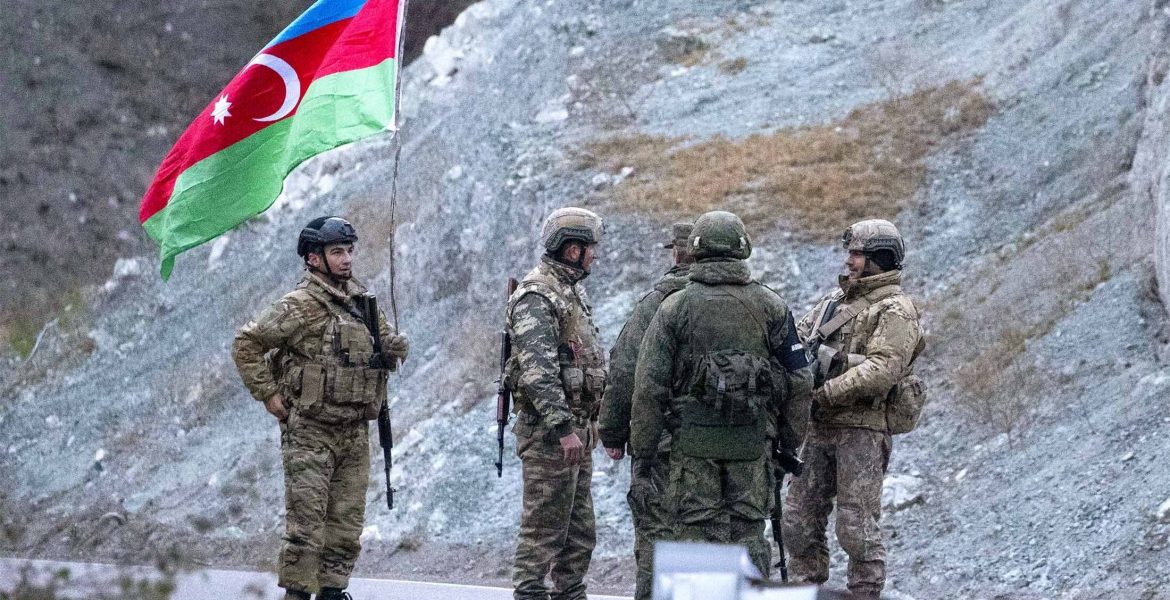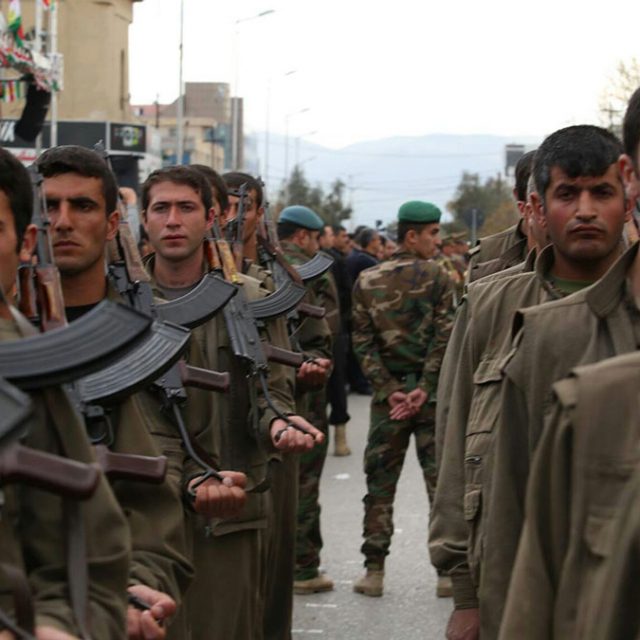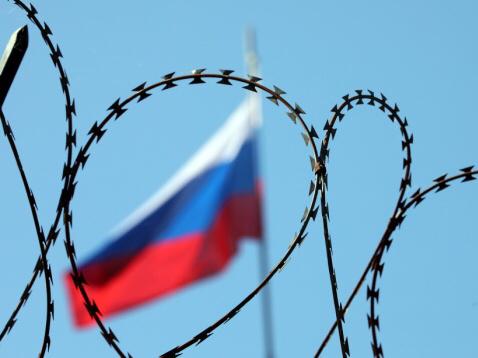Exactly one year has passed since the beginning of the second Nagorno-Karabakh war. The frozen conflict between Armenia and Azerbaijan lasted almost 30 years, writes Nargiz Gambarova.
The Nagorno-Karabakh region and 7 surrounding regions are internationally recognized territories of Azerbaijan. As a result of two flare-ups in April 2016 and July 2020, the tensions broke out on 27 September 2020 as a 44-day lasting war and ended on 10 November 2020 with a de-occupation of territories by Azerbaijan and a signed ceasefire agreement between Azerbaijan, Armenia, and Russia. The war in Nagorno-Karabakh brought new implications with regard to political, economic relations as well as energy security. While the war caused military and civilian casualties, the missile attacks carried out by Armenia towards Azerbaijani cities and infrastructure beyond the frontline raised concerns of the European Union (EU).
The transit energy infrastructures involve Baku-Supsa and Baku-Tbilisi-Ceyhan oil pipelines, and the Southern Gas Corridor. The oil pipelines link oil-producing fields from the Azerbaijani section of the Caspian Sea to the Georgian port of Supsa in the Black Sea and the Turkish port of Ceyhan in the Mediterranean Sea. The Southern Gas Corridor (SGC) as a major project opens up a new supply route for energy through the 3.500-kilometer pipeline from the Caspian Sea to Europe by delivering Caspian gas to the EU markets for the first time. This project provides greater security and increases the diversity of Europe’s energy supply. Therefore, the disruption of the energy pipelines would have harmed not only Azerbaijan but also Georgia, Turkey, and the EU. Despite the risks, the SGC was put into operation in December 2020. In addition, the willingness of Turkmenistan to participate in this project and the interest of the EU in Turkmen gas provides another opportunity for Europe to diversify its energy supply. The Turkmen gas is planned to be transported through the Trans-Caspian pipeline and then linked to the SGC. Thus, increasing the export of the Caspian energy resources to the EU also lowers the dependence on the Russian Gazprom.
The victory of Azerbaijan in this war changed the power balance in the South Caucasus. The positive outcomes for Azerbaijan pushed to promote new logistics and energy infrastructure, from which the neighbouring countries, as well as the EU, may benefit. Azerbaijan is becoming attractive for investments in solar and wind energy projects. The recently liberated territories have been explored with high solar potential. The frozen conflict over the Nagorno-Karabakh prevented Armenia to participate inter alia in several major regional projects, making Armenia experience the economic and political blockade.
Coming back to the war, lasting conflict may disrupt the energy supply, in whose interests is it? While the outcomes of the war are still examined and analysed, Azerbaijan keeps its balance among the external major powers, strengthened its foreign policy. Since Azerbaijan showed itself as a reliable energy partner it may be expected to promote new energy-related projects between the EU and Azerbaijan. With this regard, the EU needs to enhance its relations with the South Caucasus region either through the Eastern Partnership or on the bilateral level and contribute to the stability and peace in the region.
The Author, Nargiz Gambarova, is an international researcher at the Ghent Rolin-Jaequemyns International Law Institute (GRILI) within the Faculty of Law and Criminology at Ghent University. The views reflected in this article are those of the author, and do not represent the editorial position of EU Political Report.




